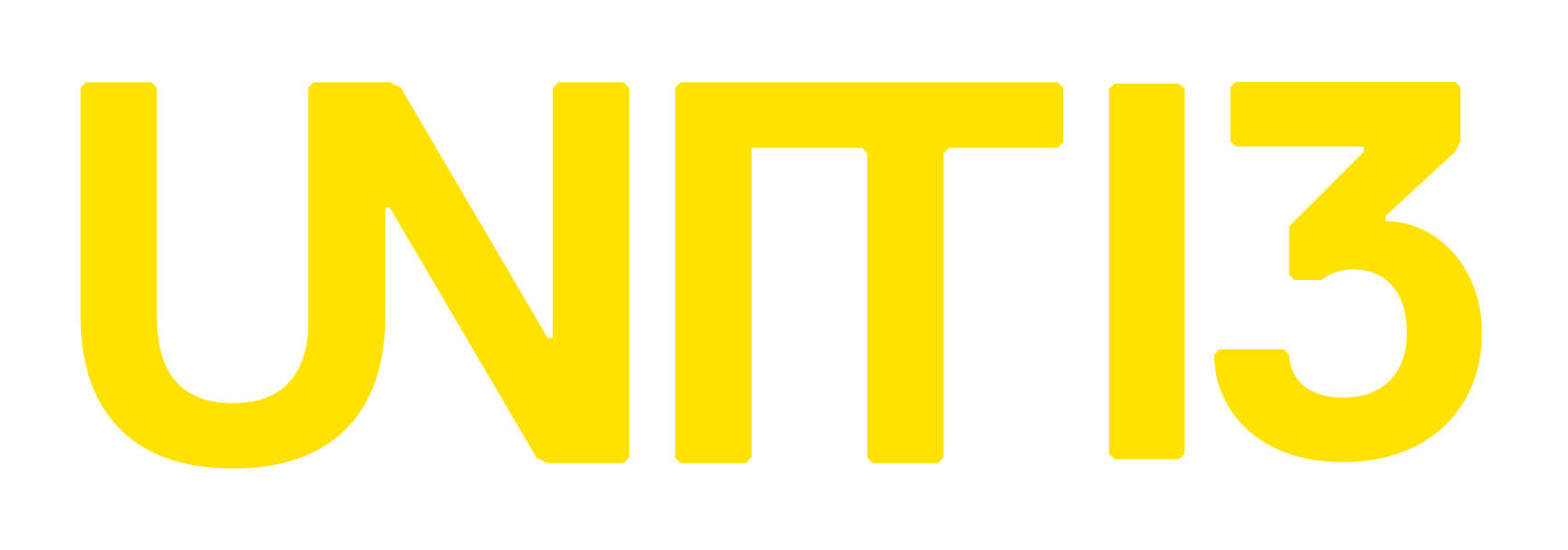Is Your Stress Stopping You Succeed?
Stress is a funny one!
Like walking on a tight rope, there’s the enjoyable challenge of keeping balance as you walk across (Eustress), and the point start falling after a missed step (Distress)
Thankfully, the rope is usually no more than 2 inches off the ground, so we can get straight back on and give it another shot and get a little further each time, learning from our past experiences.
Stress is very important - eustress challenges us so we can adapt from it and become better at that specific thing.
Like how we get fitter and stronger from exercise which tests us, public speaking at work and conferences, sitting exams and doing job interviews
Distress has a negative consequence on us - poor sleep, poor nutrition and extreme calorie deficits which make us more irritable and reduce our coping abilities
I think it’s best described with the bucket analogy…
When the amount of stress in our lives increases from a point of being manageable to having a detrimental effect on us, this is called our ‘Allostatic Load’ (The point at which water starts to overspill from the bucket)
While eustress is beneficial, the devil is in the dose 👹, as too much can still fill up our bucket quicker than we can get water out through the tap (our stress management strategies)
Therefore, what we need to know is ⬇️
1. Where this line is (not overburdening us) and
2. What we can do to make a hole in the bottom of the bucket so we can stop it from overflowing
So, here are 4 game-changing actions to add into your daily routine which help will help massively!
Sleep! - Less than 7 hours sleep reduces our stress tolerability, where we feel more overwhelmed easier, are more irritable, our cognitive performance is impaired and our desire to eat well and exercise, which can help us turn on the tap, is lessened as a result. This can make it a vicious circle.
Action: Prioritise 7 hours sleep EVERY. SINGLE. NIGHT!
Reduce Organisational Stress - i.e. plan your day in advance. If we’re trying to play catchup, rushing to work, rushing home to from work to pick up the kids, then rushing home to cook the dinner and rushing to go somewhere else, it can feel never-ending!
Action: Map out your schedule in advance via Google Calendar for a bird’s eye view of your week (when you’re working, when you’re off, when you’re training & to fit in downtime - because you can’t have uptime without downtime! - (meeting friends, going for a walk in nature, having a solo coffee date with a good book).
Anti-anxiolytic Habits - i.e. things that relax you, make you feel present & put our problems in perspective.
Our brain hyper-focuses on things in fear we’ll forget them! Which makes it feel like we constantly have a million and one things on our to-do list So, outsource your memory!
Action: Make a list at the end of every work day / before bed, all the things on your mind. Then, note the 3-5 big rocks that getting done will make tomorrow a success. In doing so, we gain order over our thoughts, and realise that actually, we are in better control than we’d like ourselves to believe
And perhaps journal, take 60 seconds in a book or Google Doc to blurt out how you feel, what’s on your mind and give yourself a clear canvas before you go to bed!
Immerse yourself in nature
Studies have shown that looking at photos of nature can reduce our pain experience and stress, while looking at pics of high-rise “concrete jungles” can elicit a biological stress response.
Action: Get out in nature, get off-line for 30mins and listen to the birds, the rain, the nearby stream
Get in your body & out of your mind
The flow-state is the point at which we feel completely present in what we’re doing - a perfect balance between focus and freedom!
Action: Hurling on our own, or with our kids, hitting up the driving range, painting, drawing, playing music, singing, jiu-jitsu, a run, or a gym class
Meditation, or box-breathing: Listen to a free You-Tube session or download the Calm App (Jay Shetty is a personal favourite!). Box-breathing involves breathing in for 5 secs, holding for 5 secs, exhaling for 5 secs and holding for 5 secs, completing 5-10 times 😴
Stop Relying On Supplements!
Caffeine & Alcohol
Caffeine can help us get through slightly stressful times, so we can burn the midnight oil on a project coming to a close, getting some last minute study in or to get us going after a long night before a big work presentation. It’s very effective short-term.
Action: Don’t mask poor sleep, nutrition and exercise/stress-management habits with coffee! Use it sparingly for best benefits alongside a well-structured daily routine.
Alcohol can help us unwind, but it can also leave us feeling groggy, cloud our judgement when it comes to ordering a chipper on the way home rather than a hearty home-cooked meal and rob some of our happiness for today, from tomorrow!
Action: Have a good time and have a drink, not the other way round! Even keeping the work-week an alcohol-free window can work wonders! 🍷🚩
Give these a go, please ket us know if you need help adapting any for your personal situation and circumstances, and most importantly…
Enjoy your weekend!

